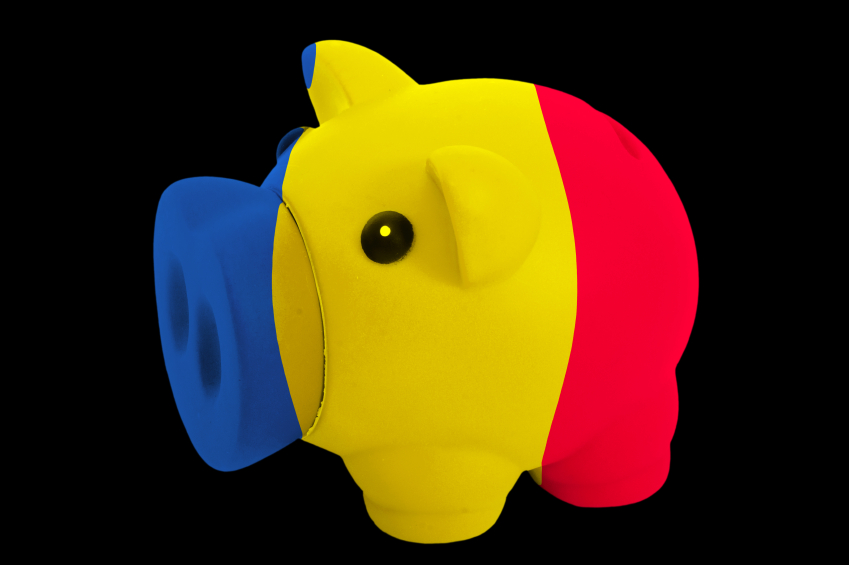Financing your Studies in Romania

Cost of your studies
Tuition fees
Higher Education for undergraduate degrees is free for all Romanian students, but the government allocates a specific number of places each year and seats above that number are not funded. In practise there are fees of around 3,000 lei for Romanian and EU students. Post-graduate degrees are subject to higher fees. Non-EU foreign students and Romanian students taking courses in languages other than Romanian pay fees of between 9,000 and 22,500 lei, depending on the nature of the programme, its academic level (Bachelor, Master’s or Ph.D.) and the particular HEI being attended. Some courses in Music, Theatre and Film may cost up to 43,000 lei. One-year courses in Romanian for foreign students intending to enter a programme of study in that language are 9000 to 12,000 lei. Programmes offered in English or French often have higher fee-scales and may cost up to 36,000 lei a year.
Cost of living
Total living costs for a student range from 13,500 to 22,500 lei a month, depending on the type of accommodation chosen. Student hostels offer the cheapest accommodation at around 225 lei per month inclusive of all bills. Private apartments, or ones suitable for sharing, cost between 450 and 1,350 lei a month. Additional bills for heating, hot water and lighting cost 135 to 225 monthly. Internet and cable television costs are 70 to 90 lei a month. A monthly transport pass is 25 lei for students. Students less than 26 years of age receive medical insurance as part of their tuition fees. For older students insurance costs are 45 lei a month. An inexpensive restaurant meal costs around 18 lei, local beer around 5 lei and a coke is 4 lei. Total monthly food costs are estimated at 700 to 900 lei.
Financing your studies
Public support
The Government provides a number of different types of financial aid for students. This includes scholarships based on academic performance, including those for specific fields and grants based on need and family situation. There is also a life-long-learning grant for all persons born in Romania equivalent to 2,250 lei. This is given as a voucher that can be used to pay fees.
Scholarships
There are a variety of scholarships available to foreign students for study in Romania. The Romanian government issues a number of scholarships under various bilateral agreements and reciprocal arrangements with other countries. There are also scholarships administered by the Ministry of Foreign Affairs for students from countries not covered by bilateral agreements. The Ministry of Small and Medium Businesses provides scholarships to promote industry and business cooperation. As well, the Ministry of Education provides scholarships for students already studying in Romania, based on their academic performance. All these scholarships are applied for through Romanian Embassies abroad. They normally provide for free tuition and a monthly grant of 160 lei for undergraduate degrees and 180 lei for post-graduate degrees. No accommodation allowance is provided but scholarship-holders have priority in the allocation of university hostel rooms.
The Ministry of Education and the Department for Romanians Abroad also provide scholarships to Romanian citizens living outside Romania to study at HEIs in Romania, especially to advance Romanian language and culture studies. Romania participates in the European Erasmus Mundus programme for advanced study at Master’s and Doctoral levels. Some individual universities, chiefly private ones, also offer scholarships based on academic excellence. Details are available from the specific universities.
Student Loans
Although the Romanian government engaged in talks with the World Bank in 2008 regarding the development of a Government student loan system, there is no such scheme in place at this time. However, loans from private banks may be available for full-time study at favourable interest rates.
Student Jobs
International students can work part-time in Romania with proof of a valid work permit. The usual student job salary is around 450 – 700 lei a month for about 20 hours of work per week. EU citizens may work freely under the freedom of movement provisions of the European Union. However given the high levels of unemployment, work is difficult to find, pay rates are low by European standards, and fluency in Romanian is normally essential.
